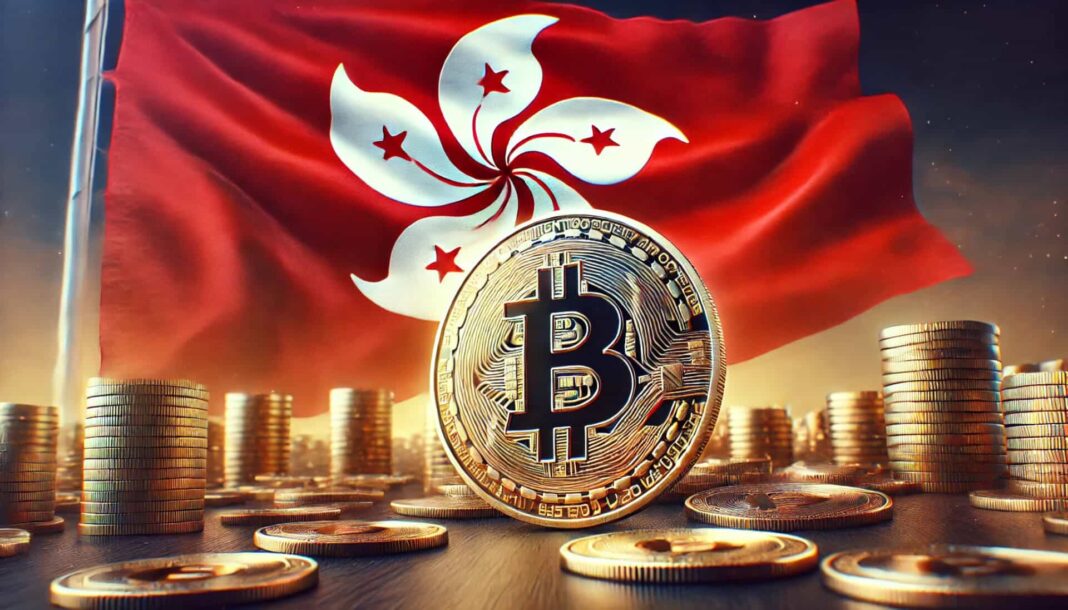KeyTakeaways:
- Hong Kong’s legislative proposal includes BTC in fiscal reserves to enhance financial stability and attract crypto investment.
- The region may allocate a small percentage of reserves to Bitcoin, starting with ETFs to mitigate risks.
- Hong Kong’s move aligns with global trends, including U.S. and German discussions on Bitcoin as a reserve asset.
Hong Kong is analyzing the possibility of adding Bitcoin to its reserves to improve financial security and position the region as a leader in the crypto space. Wu Jiexhuang, a member of Hong Kong’s legislative council, has proposed using BTC as a store of value and a hedge against inflation by allocating a portion of the region’s foreign exchange funds to acquire and hold the cryptocurrency long-term, as reported by local media.
Jiexhuang outlined his proposal during an interview with Wen Wei Po, emphasizing the potential benefits of adopting Bitcoin as part of Hong Kong’s fiscal reserves. He argued that holding Bitcoin could boost the development of the local cryptocurrency sector, attract international talent and investment, and increase stamp tax revenue from digital asset transactions.
According to Jiexhuang, leveraging the one country, two systems policy could allow Hong Kong to establish itself as a global financial hub while minimizing economic disruptions linked to Bitcoin’s broader adoption in traditional markets.
Jiexhuang noted that major economic powers incorporating Bitcoin into their strategic reserves could stabilize the cryptocurrency and encourage other nations to follow suit. He warned, however, that such a shift could impact the value of traditional assets, potentially shrinking government fiscal reserves reliant on conventional holdings.
To mitigate risks, Jiexhuang proposed that Hong Kong authorities begin by allocating a small percentage of reserves to Bitcoin, initially focusing on Bitcoin ETFs. He also recommended studying the impact of the U.S. spot Bitcoin ETF market on global finance to inform Hong Kong’s strategy better.
Hong Kong already has a spot in the Bitcoin ETF market, though its inflows remain significantly lower than the United States. This proposal follows a similar suggestion by legislative council member Johnny Ng earlier in 2024. Ng’s recommendation came after U.S. President Donald Trump announced plans to establish a national Bitcoin reserve.
Lawmakers in Germany have also initiated discussions on adopting Bitcoin as a reserve asset, reflecting a growing trend among nations considering cryptocurrency as part of their fiscal strategies.

